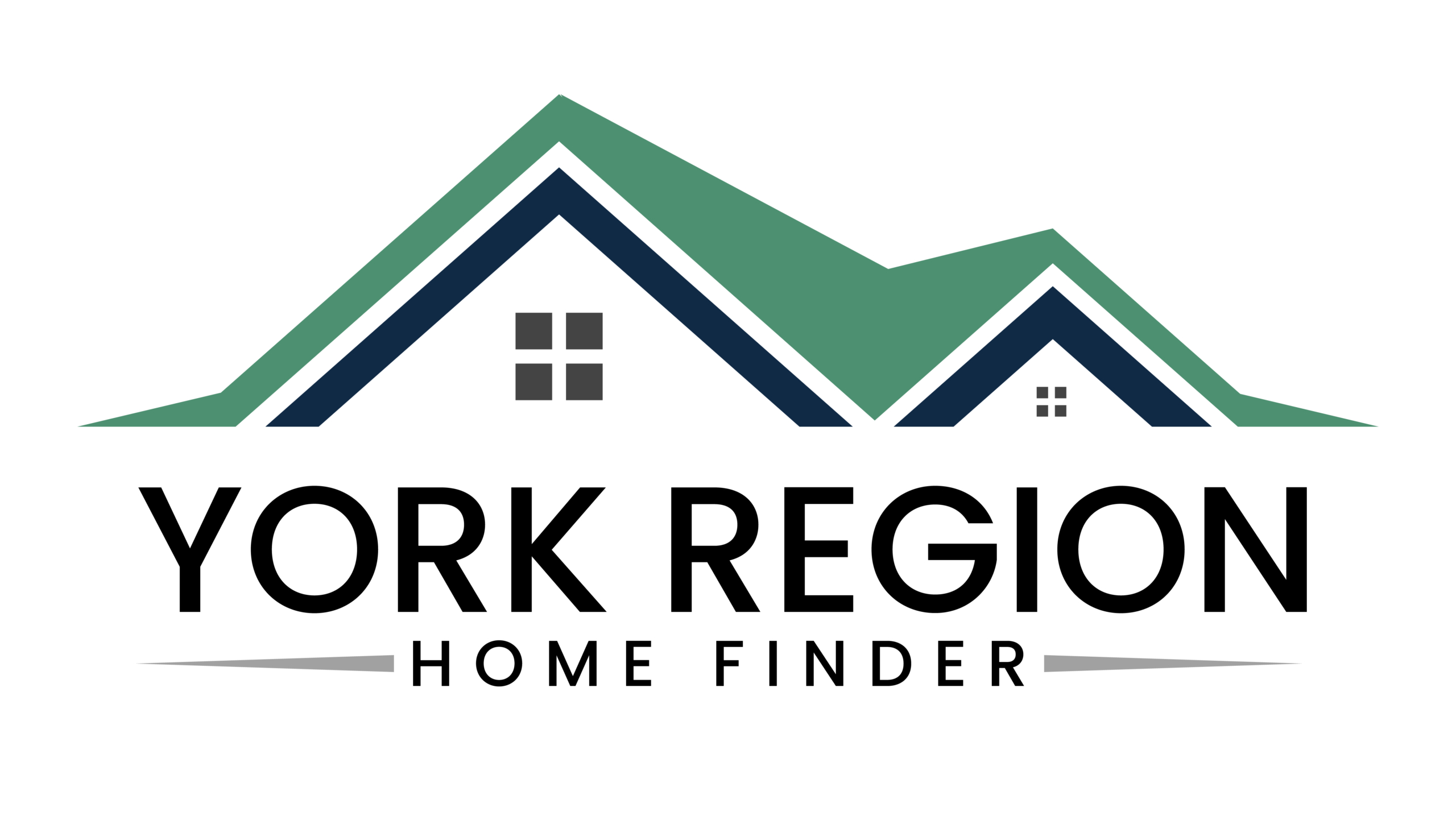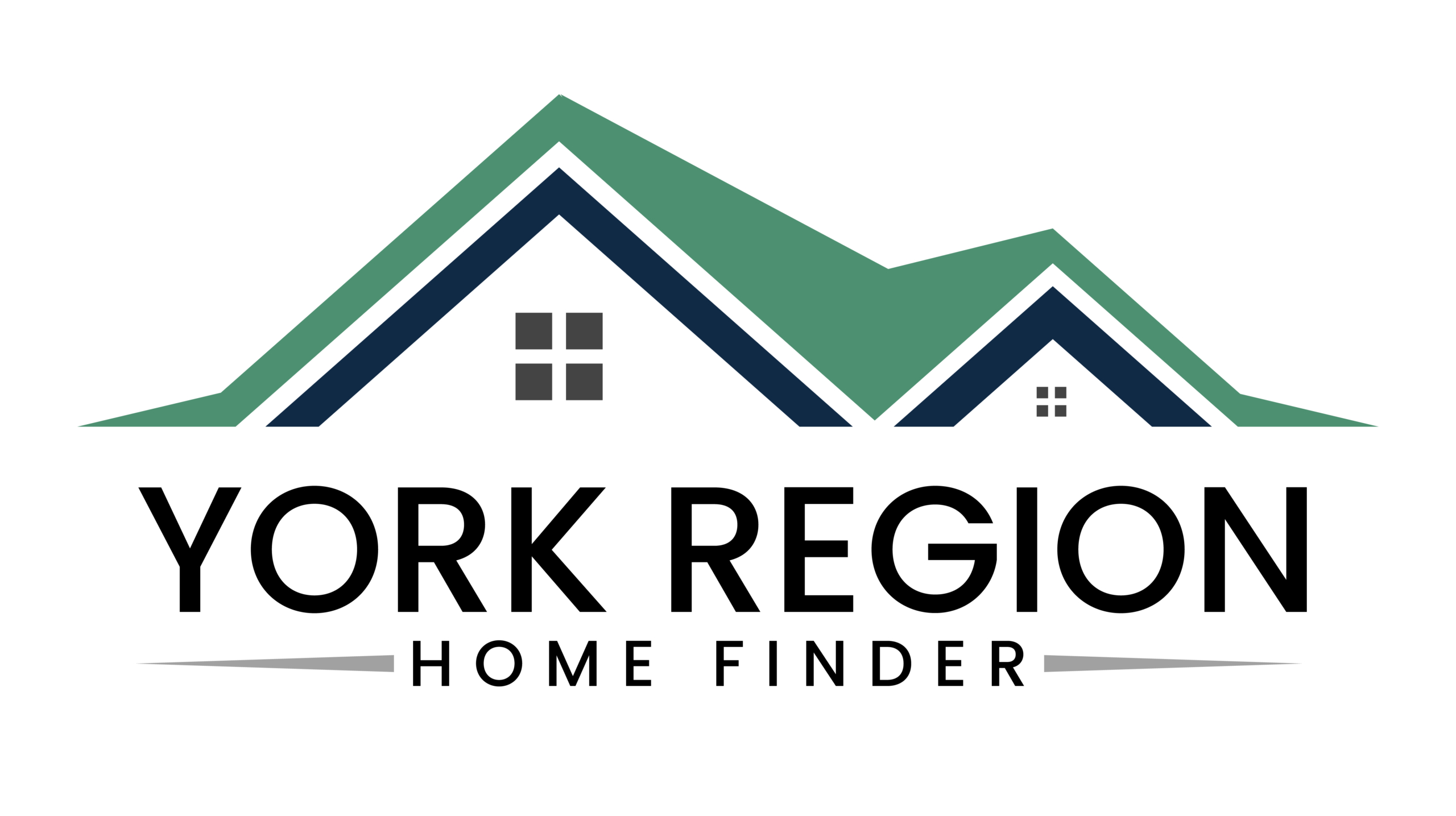
Notify of your move:
Your place of employment
Financial institution
Credit card companies
Your utility providers:
Utilities, cable, phone and internet providers. For utilities, have your hydro, gas and water meter reading written on the closing day or near it. Call the service company to set up your new account. Many companies provide online moving services. You enter your new address in their database if an existing client transfers the service. Also, your lawyers office will notify utility companies of a change of ownership. Get hold of your current utility provider so you can cancel service at your previous address. All utilities require at least five days of advance notice for disconnecting service, so don’t wait until the last minute. A week or two of lead time is advisable. You should be able to contact your utility either online or by phone. You will need your account number, which you can find on your utility bill.
Notify municipal tax office on ownership change.
Moving Checklist
Send Change of address to:
Post office: give the new address: can do online at www.canadapost.ca
Charge Accounts: credit cards etc.
Subscriptions: notice required sometimes is several weeks
Relatives and Friends
Don’t forget
Bank: transfer funds if you want to change branches
Insurance: Notify of the new address for coverage; home, auto, life, health
Automobile registration: driver’s license, city windshield parking sticker, CAA
Utility Companies: phone, cable, gas, water, electricity, etc.
School records: copies or transfers of children’s records
Medical, dental, and prescription changes
Pets: veterinary services, license, bylaws
Be sure to:
Plan for the care of children on moving day or put them in charge of a task
Empty freezer and defrost
Movers:
Check for insurance coverage, packing and unpacking labour costs, booking day and times
On Moving Day:
Carry currency, jewelry, and documents on your person or place them in a safety deposit box
Plans for transporting pets or daycare
Double-check closets, attic, basement storage, and sheds to make sure they are empty
Arrange key pick-up with your sales representative for the new home
Confirm your moving arrangements with the moving company in advance
Get lots of boxes
You’re going to need boxes—lots of them! Ask friends and family or local businesses if they have any you can have or borrow. Organize for tape, markers, newspaper, and tissue paper.
The kitchen and bedrooms require the most boxes, typically 20 boxes for each of these rooms. Kitchens contain many items, and most of them are heavy. You may want to get smaller size boxes for your kitchen. For lighter belongings in bedrooms, getting bigger size boxes is fine. Consider medium and large sizes. The dining room and living room require fewer boxes. 4-to 5 boxes may be sufficient. Pay attention to garage and storage areas like the basement. It is easy to underestimate how many boxes you need for these areas. The basic rule of thumb is 10-20 boxes per room.
Label and organize your boxes.
Once you have the boxes, label them with numbers and prepare a reference label where you can keep track of what
you pack in each box. This will save you time when you unpack after the move. Also, be sure to note which boxes
contain fragile items.
Start packing early
If you can, start packing early—at least a month before you plan on moving. Start with items you can live without for the next few weeks, such as décor, books and out-of-season clothes.
Pack room by room
Tackle rooms one by one and place similar items together if possible. Make sure to write down what you pack in each numbered box on your reference sheet, so you can easily find everything you’re looking for when you start
the unpacking process.
Keep track of cables and hardware.
When packing electronics, make sure to keep cables and chargers nearby. Similarly, if you need to disassemble any furniture, keep track of the screws and hardware that go with each item of furniture by placing them in labelled
plastic bags.
Gather important documents
It’s easy for things to get lost when moving into a new house, so be sure that you know where all of your important documents are. It includes passports, birth certificates, and medical or financial records.
Pack a suitcase for your first few days
Pack a suitcase with some of your favourite clothes, toiletries, snacks, medication and anything else you might need shortly after the move. In the moving process, your stuff will be inaccessible, and you don’t want
anything important buried deep in the mountain of boxes. This suitcase should have everything you need to make it through the packing, transporting and unpacking.
Moving day checklist
Transport essential items yourself. There are some items that you won’t want to risk throwing into the moving truck. Consider moving things like your important documents, your suitcase of essentials, and any fragile boxes in your car.
Relax and treat yourself
Moving day is stressful. So, treat yourself to something else that makes you smile.
Make your bed
After your movers leave, making your bed should be one of your top priorities. The last thing you want is to be exhausted after a long moving day and realize that you have no idea where your pillows and bedding are.
Set up an unpacking station
Choose a space in your new home to be ground zero for unpacking. Make sure you have a way to listen to music or podcasts to keep you entertained while you work, and remember to take breaks. Use your numbered reference sheet
to quickly find what you need and have fun organizing your new space!
Unpack essentials first
Don’t overwhelm yourself by trying to unpack everything within the first week or two. Focus on unpacking the things you need first, then move on to less critical items.
Remember that settling in takes time.
After you move
Clean up your old house.
If you haven’t already, clean your old house so it’s ready for new residents. It is also an excellent opportunity to ensure that you or your movers left nothing behind.
Remember that settling in takes time.
No matter how well prepared you are, settling into a new home takes time as you adjust to a new layout and routines. Be kind to yourself and enjoy the process; you’ll feel right at home in no time!
| Attachment | Size |
|---|---|
| Checklist Moving.pdf | 238.16 KB |

